Home>Garden Essentials>What Is A Fennel Seed
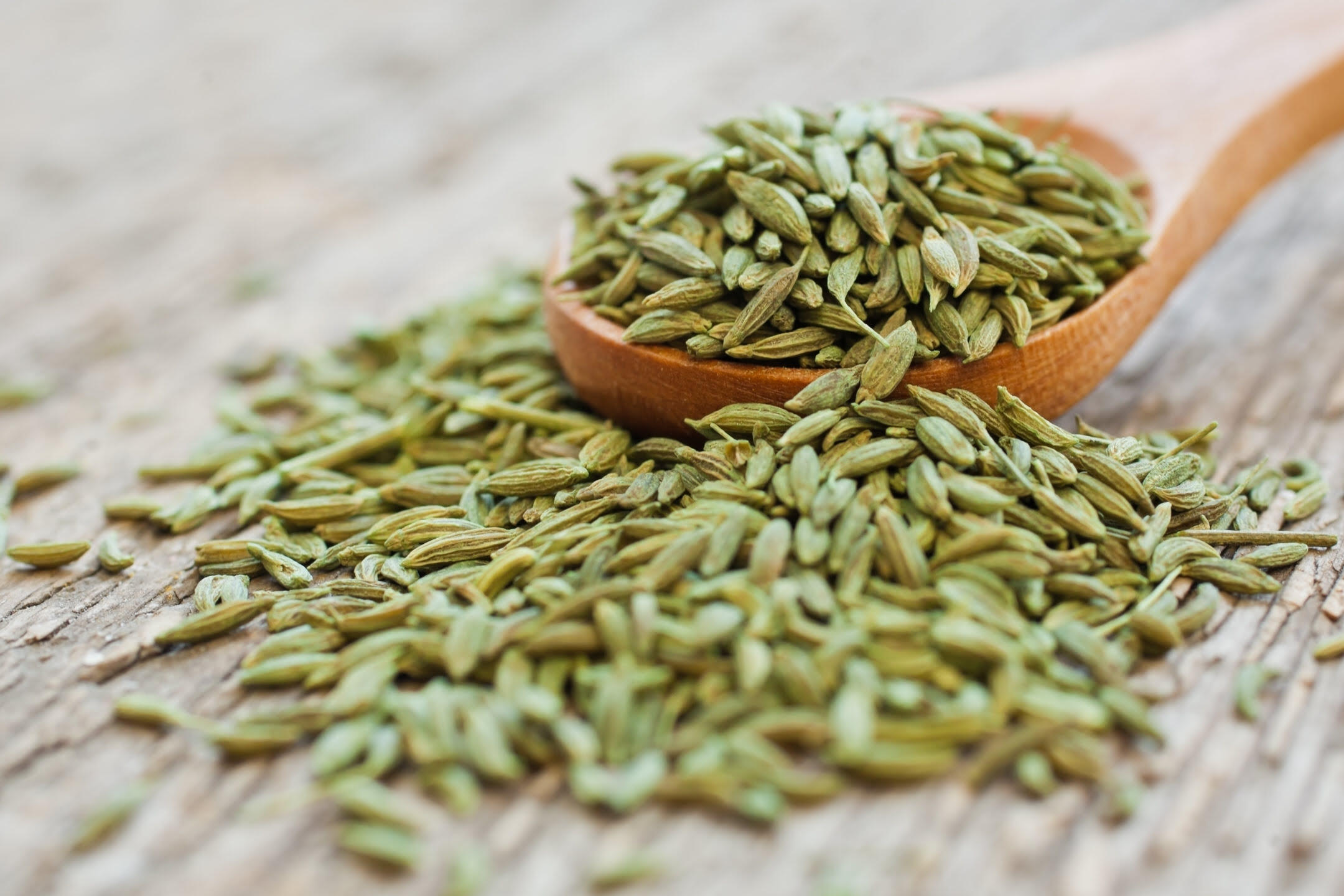

Garden Essentials
What Is A Fennel Seed
Modified: March 20, 2024
Discover the benefits of fennel seeds for your garden and learn how to grow these aromatic herbs at home. Enhance the flavor and fragrance of your dishes with fresh, homegrown fennel seeds.
(Many of the links in this article redirect to a specific reviewed product. Your purchase of these products through affiliate links helps to generate commission for Storables.com, at no extra cost. Learn more)
Introduction
Welcome to the fascinating world of fennel seed! This humble spice has been cherished and utilized for centuries, both in culinary and medicinal applications. With its aromatic flavor and numerous health benefits, fennel seed has found its way into kitchens and medicine cabinets worldwide.
Derived from the Foeniculum vulgare plant, fennel seed is known for its distinctive licorice-like taste and sweet aroma. Whether you’re a culinary enthusiast looking to add a unique flavor to your dishes or someone seeking natural remedies for various ailments, fennel seed is a versatile and aromatic option to explore.
In this article, we will delve into the world of fennel seed, exploring its origins, culinary uses, medicinal properties, nutritional benefits, as well as potential side effects and precautions.
So, sit back, relax, and let us take you on a journey through the captivating world of fennel seed!
Key Takeaways:
- Fennel seed is a versatile spice with a sweet, licorice-like flavor used in cooking and traditional medicine for centuries, offering digestive aid and potential relief for menstrual discomfort.
- While fennel seed adds flavor to dishes and provides nutritional benefits, it’s important to use it in moderation and consult a healthcare professional, especially if pregnant or taking medications.
Read more: What To Do With Fennel Seeds
Definition of Fennel Seed
Fennel seed refers to the small dried seeds obtained from the fennel plant, scientifically known as Foeniculum vulgare. These seeds have a distinct elongated shape and are greenish-brown in color. They are commonly used as a spice and flavoring agent in various cuisines around the world.
Fennel seed possesses a unique flavor profile, combining the freshness of anise with a subtle sweetness. This makes it a versatile ingredient that can complement a wide range of dishes. It is commonly used in both whole and ground form, with the whole seeds offering a slightly milder flavor, while the ground seeds release their aroma more quickly.
These seeds are commonly referred to as “fennel seeds,” but it’s worth noting that they are actually the dried fruits of the fennel plant. Each seed contains essential oils that contribute to its distinctive taste and fragrance.
There are two main types of fennel seeds: sweet fennel seeds and bitter fennel seeds. Sweet fennel seeds are more commonly used in culinary applications due to their milder taste, while bitter fennel seeds are primarily used for their medicinal properties.
It’s important not to confuse fennel seeds with anise seeds, as they may look and taste similar. While both belong to the Apiaceae family and share some flavor characteristics, fennel seeds have a sweeter and milder taste compared to the stronger licorice flavor of anise seeds.
Now that we have a clear understanding of what fennel seeds are, let’s delve into their fascinating history and cultivation!
History and Cultivation of Fennel Seed
Fennel seed has a rich history that dates back thousands of years. It is believed to have originated in the Mediterranean region and has been used in various cultures for its culinary and medicinal properties.
Ancient civilizations, including the Egyptians, Greeks, and Romans, revered fennel for its culinary value and therapeutic benefits. The ancient Greeks used fennel seed to enhance the flavor of their foods, while in ancient Rome, fennel was a popular ingredient in sauces, soups, and bread. It was highly regarded for its digestive and calming properties.
Throughout history, fennel seed has played a significant role in traditional medicine systems. It was used in Ayurvedic medicine to treat digestive issues, relieve colic in infants, and improve overall digestion. In Traditional Chinese Medicine (TCM), fennel seed was believed to have warming properties and was used to alleviate symptoms of cold and stagnant energy in the body.
Today, fennel seed is widely cultivated in various regions across the globe. The plant thrives in temperate climates and is typically grown as an annual or a perennial herb. It can reach heights of up to six feet and bears yellow flowers that give way to the seeds.
In terms of cultivation, fennel plants prefer well-drained soil and full sunlight. They are relatively low-maintenance and can be grown from either seeds or transplants. It typically takes around 90 to 115 days for fennel plants to mature and produce seeds.
Once the fennel plants have reached maturity, the seeds are harvested by cutting the flower heads and drying them. The dried flower heads are then threshed to separate the seeds from the rest of the plant material.
Italy is one of the largest producers of fennel seeds, followed by India, China, and Egypt. These seeds are exported worldwide, making their way into kitchens and herbal remedies in various cultures.
Now that we have explored the history and cultivation of fennel seed, let’s dive into its culinary uses!
Culinary Uses of Fennel Seed
Fennel seed is a versatile spice that adds a unique flavor profile to a wide range of dishes. Its distinctive taste, which combines the freshness of anise and a subtle sweetness, makes it a popular choice in many cuisines around the world.
Here are some popular culinary uses of fennel seed:
- Seasoning Meats: Fennel seed is widely used to season meats, especially pork and sausages. Its aromatic flavor pairs well with the richness of meats, adding a delightful twist to dishes like Italian sausage, roast pork, and meat marinades.
- Baking: Fennel seed is a common ingredient in bread and pastry recipes. It adds a subtle anise-like flavor to baked goods, enhancing their taste and aroma. Fennel seed can be added to bread dough, biscotti, cookies, and even cakes for a unique twist.
- Spice Blends: Fennel seed is a key component in many spice blends. It is commonly found in Mediterranean and Indian spice mixes, such as garam masala and Chinese five-spice powder. These blends are used to flavor curries, stews, and other savory dishes.
- Infusions and Tea: Fennel seed can be used to make aromatic infusions and teas. Simply steep crushed fennel seeds in hot water for a few minutes to create a soothing and flavorful beverage. Fennel tea is often enjoyed for its calming properties and its ability to aid digestion.
- Vegetable Dishes: Fennel seed pairs well with vegetables and can be used to enhance their flavor. It is often added to roasted or grilled vegetables, stir-fries, and even soups. The subtle sweetness of fennel seed complements the natural flavors of vegetables, creating a harmonious balance.
When using fennel seed in cooking, it is best to lightly toast or grind the seeds to release their aromatic oils. This will intensify their flavor and provide a more pronounced taste in your dishes.
Remember, fennel seed should be used in moderation as its flavor can be quite potent. Start with small amounts and adjust to taste, keeping in mind that a little goes a long way.
Now that we’ve explored the culinary uses of fennel seed, let’s dive into its remarkable medicinal properties.
Fennel seeds are small, oval, and greenish-brown in color. They have a sweet, licorice-like flavor and are often used as a spice in cooking. Fennel seeds are also known for their digestive and health benefits.
Medicinal Properties of Fennel Seed
Fennel seed has long been valued for its medicinal properties, which have been recognized in various traditional medicine systems. Rich in beneficial compounds, fennel seed offers a range of health benefits and can be used to promote well-being in several ways.
Here are some of the notable medicinal properties of fennel seed:
- Digestive Aid: Fennel seed is widely regarded for its ability to support healthy digestion. It possesses carminative properties, which means it can help alleviate symptoms of indigestion, bloating, and gas. Fennel seed stimulates the secretion of digestive enzymes and can soothe stomach discomfort.
- Relief from Menstrual Discomfort: Fennel seed has been traditionally used to ease menstrual cramps and discomfort. It contains anethole, a compound that exhibits anti-inflammatory properties and may help relax the muscles of the uterus, reducing pain and discomfort during menstruation.
- Antioxidant Properties: Fennel seed is a rich source of antioxidants, which can protect against oxidative stress and damage caused by free radicals in the body. Antioxidants help maintain overall health and may have a positive impact on various conditions, including cardiovascular health and aging-related issues.
- Respiratory Support: Fennel seed has expectorant properties that can help loosen and expel mucus from the respiratory tract. It may help relieve coughs, congestion, and other respiratory ailments. Fennel seed can be consumed as an herbal tea or inhaled through steam inhalation to promote respiratory health.
- Anti-inflammatory Effects: Fennel seed contains compounds with anti-inflammatory properties, such as anethole and flavonoids. These compounds may help reduce inflammation in the body, potentially benefiting conditions like arthritis and inflammatory bowel disease.
It is important to note that while fennel seed has been used for its medicinal properties, it should not replace professional medical advice or treatment. If you have any specific health concerns, it is always best to consult with a healthcare provider.
Now that we’ve covered the medicinal properties of fennel seed, let’s explore its impressive nutritional benefits.
Read more: What Is Fennel Seeds Good For
Nutritional Benefits of Fennel Seed
Fennel seed not only adds flavor to your dishes but also provides a range of nutritional benefits. These tiny seeds are packed with essential nutrients that can contribute to your overall well-being. Let’s take a closer look at some of the nutritional benefits of fennel seed:
- Fiber: Fennel seed is a good source of dietary fiber, which is essential for maintaining a healthy digestive system. Adequate fiber intake can help promote regular bowel movements, prevent constipation, and support gut health.
- Vitamins and Minerals: Fennel seed contains various vitamins and minerals that are important for your overall health. It is a rich source of vitamin C, an antioxidant that supports the immune system and collagen production. Fennel seed also provides potassium, calcium, magnesium, and iron.
- Antioxidants: Fennel seed contains potent antioxidants, such as flavonoids and phenolic compounds, that help protect against oxidative stress and cellular damage. These antioxidants can help reduce the risk of chronic diseases and promote overall health.
- Phytonutrients: Fennel seed contains phytonutrients, including anethole and limonene, which have been studied for their potential anticancer and anti-inflammatory properties. These compounds can help support cellular health and reduce inflammation in the body.
- Weight Management: Fennel seed is low in calories and high in fiber, making it a suitable addition to a balanced diet for those aiming to manage their weight. The fiber content can help you feel fuller for longer, reducing the likelihood of overeating.
It’s important to note that while fennel seed offers various nutritional benefits, it should be consumed as part of a well-rounded diet. Incorporate fennel seed into your meals and snacks to take advantage of its nutritional profile.
Now that we’ve explored the nutritional benefits of fennel seed, let’s discuss potential side effects and precautions you should be aware of.
Side Effects and Precautions of Fennel Seed
While fennel seed is generally safe for consumption, it is important to exercise caution and be aware of any potential side effects or interactions. Here are some important considerations regarding the use of fennel seed:
- Allergic Reactions: Some individuals may be allergic to fennel or other plants in the same family, such as celery, carrots, and parsley. If you have known allergies to these plants, it is recommended to avoid fennel seed to prevent allergic reactions.
- Estrogenic Effects: Fennel seed contains compounds that have estrogen-like effects in the body. While this can be beneficial in some cases, individuals with hormone-sensitive conditions, such as breast cancer or endometriosis, should exercise caution and consult with a healthcare professional before consuming large amounts of fennel seed.
- Drug Interactions: Fennel seed may interact with certain medications, including blood-thinning medications, anticoagulants, and hormone-related medications. If you are taking any prescription medications, it is advisable to consult with your healthcare provider before incorporating fennel seed into your diet.
- Pregnancy and Breastfeeding: Although fennel seed is often used as a natural remedy for digestive discomfort during pregnancy, it is recommended to consult with a healthcare professional before using it. While it is generally considered safe in small amounts, excessive consumption of fennel seed during pregnancy or breastfeeding should be avoided, as it may have an effect on hormone levels.
- High Fiber Content: Fennel seed is high in dietary fiber, which can be beneficial for digestion. However, individuals with sensitive stomachs or digestive disorders, such as irritable bowel syndrome (IBS), may experience increased gas, bloating, or discomfort when consuming large amounts of fiber. It is advisable to start with smaller quantities of fennel seed and assess how your body responds.
As with any dietary supplement or herbal remedy, it is always best to consult with a healthcare professional before incorporating fennel seed into your routine, especially if you have any underlying health conditions or are taking medications.
Now that we’ve covered the potential side effects and precautions of fennel seed, let’s wrap up our exploration of this fascinating spice.
Conclusion
Fennel seed, with its unique flavor and numerous health benefits, has a special place in the world of culinary and herbal remedies. From its ancient origins to its widespread cultivation today, fennel seed has enchanted taste buds and provided therapeutic relief for centuries.
Whether used as a seasoning in meats, a flavorful addition to baked goods, or a soothing tea ingredient, fennel seed infuses dishes with its aromatic and slightly sweet taste. Its culinary uses span across various cuisines, adding depth and complexity to a wide range of recipes.
But fennel seed’s merits extend beyond the kitchen. With its digestive-aiding properties, potential relief for menstrual discomfort, and antioxidant and anti-inflammatory effects, fennel seed’s medicinal properties make it a valuable herb in traditional medicine practices.
As we explored, fennel seed also offers a range of nutritional benefits, including fiber, vitamins, minerals, and antioxidants. It can contribute to a balanced and healthy diet, supporting digestive health, immunity, and overall well-being.
However, it is important to exercise caution, as fennel seed may cause allergic reactions in some individuals and may interact with certain medications. Pregnant and breastfeeding individuals should also consult with a healthcare professional before using fennel seed in large amounts.
In conclusion, fennel seed is a remarkable spice that adds flavor, aroma, and potential health benefits to our lives. Whether you’re a culinary enthusiast looking to elevate your dishes or someone seeking natural remedies, fennel seed offers a versatile and captivating option to explore.
So, grab some fennel seed, get creative in the kitchen, and enjoy the delightful flavor and potential health perks it has to offer!
Frequently Asked Questions about What Is A Fennel Seed
Was this page helpful?
At Storables.com, we guarantee accurate and reliable information. Our content, validated by Expert Board Contributors, is crafted following stringent Editorial Policies. We're committed to providing you with well-researched, expert-backed insights for all your informational needs.
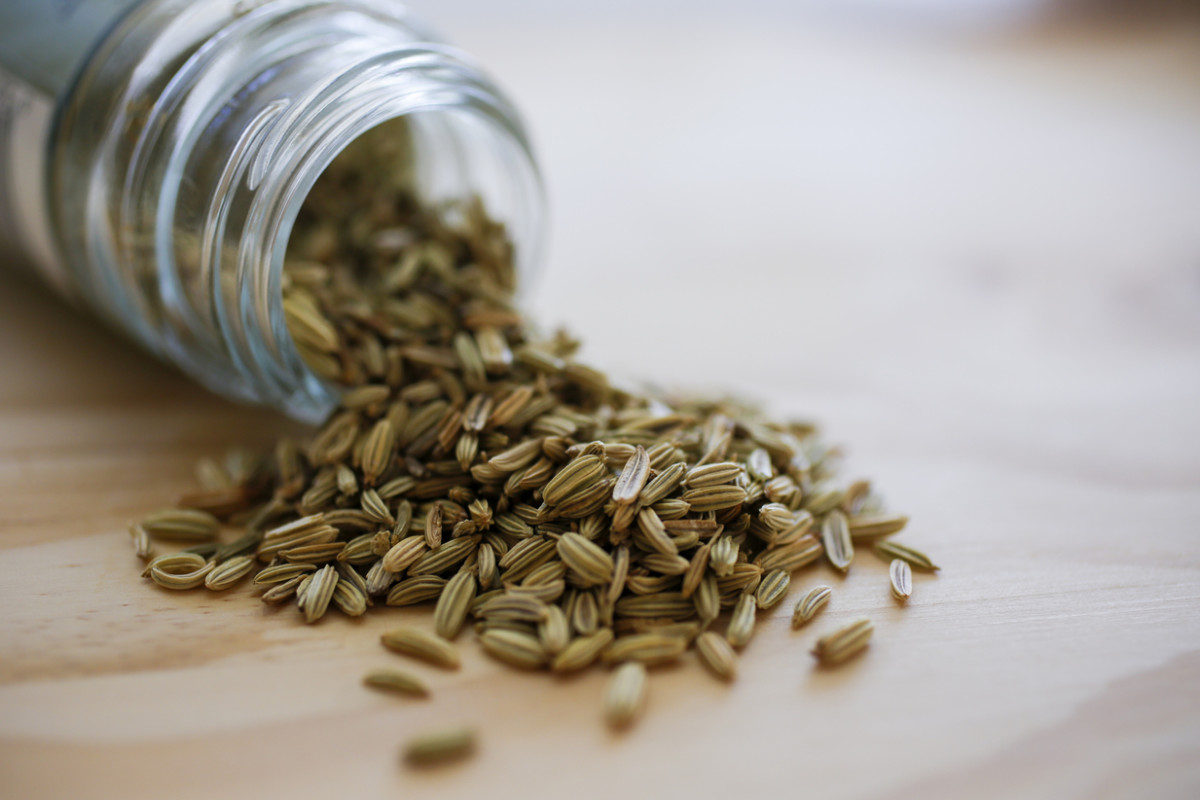
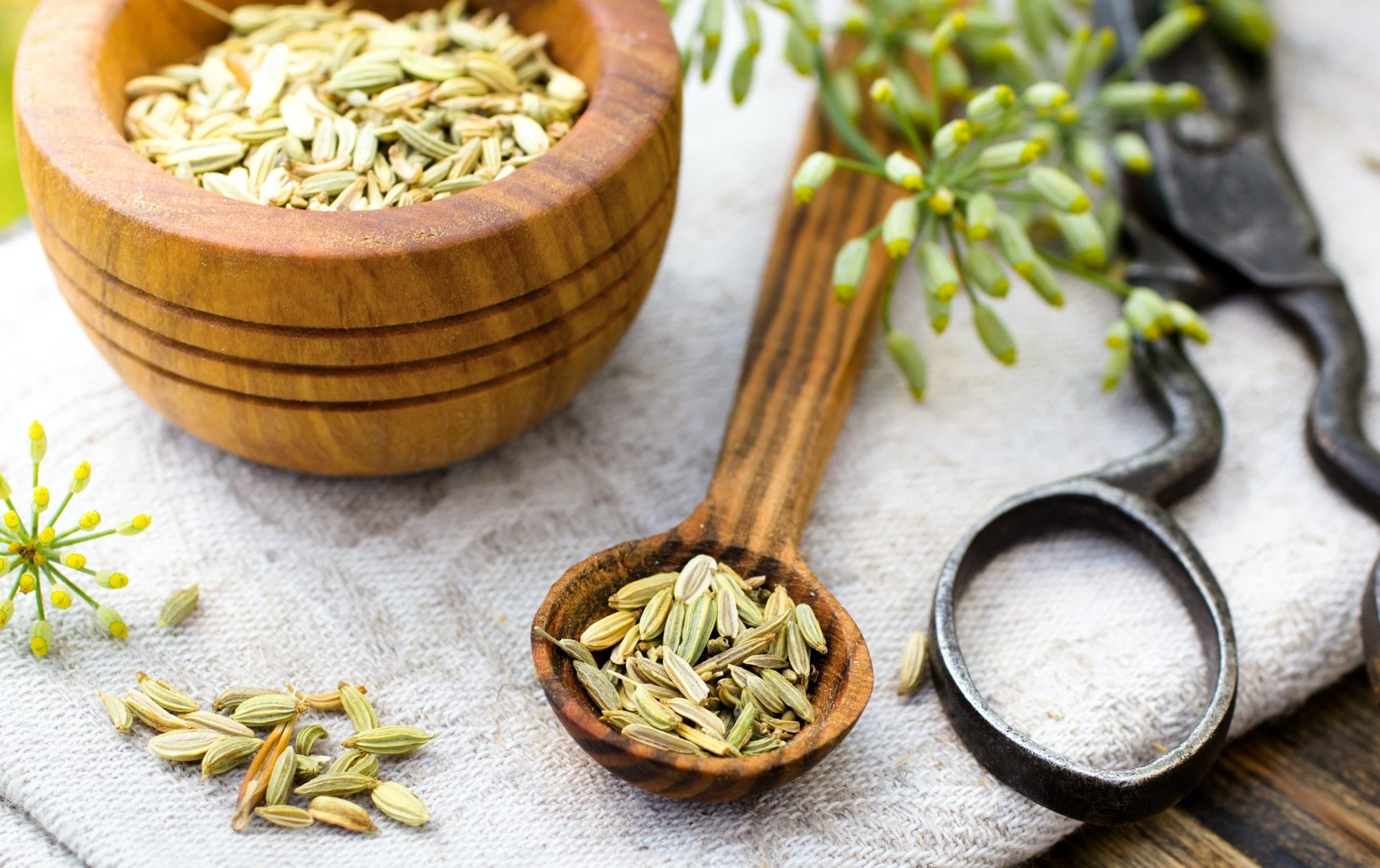
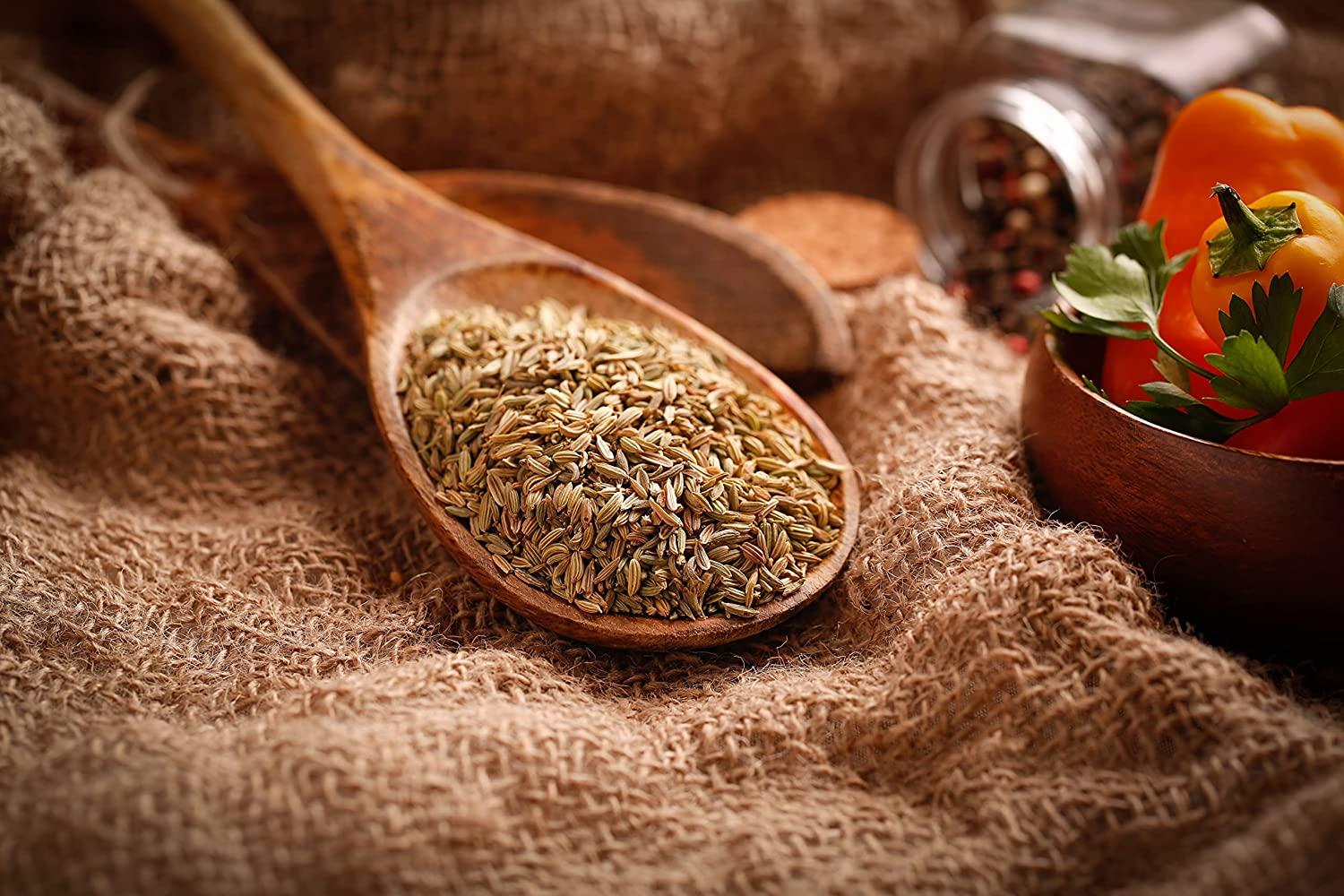
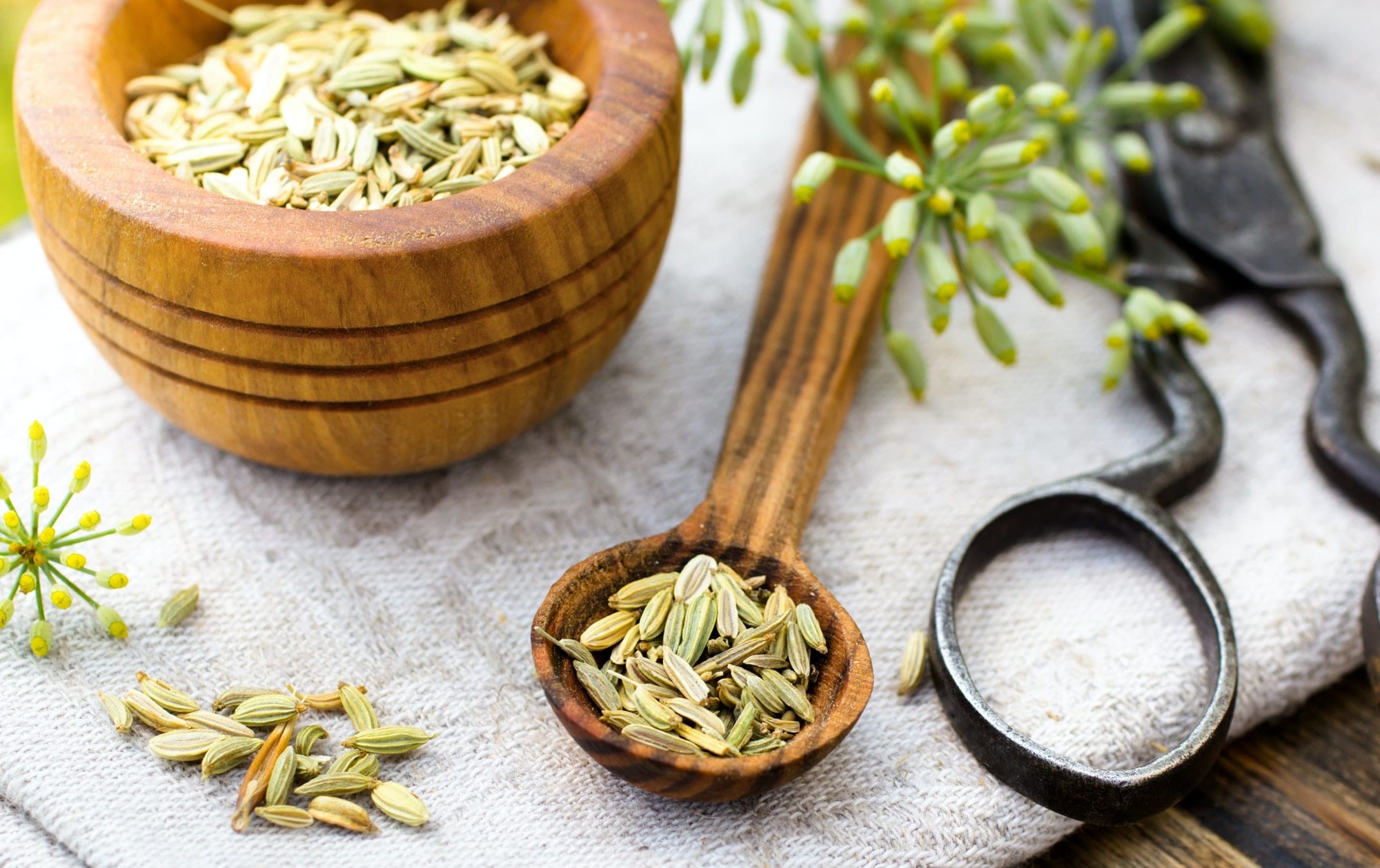
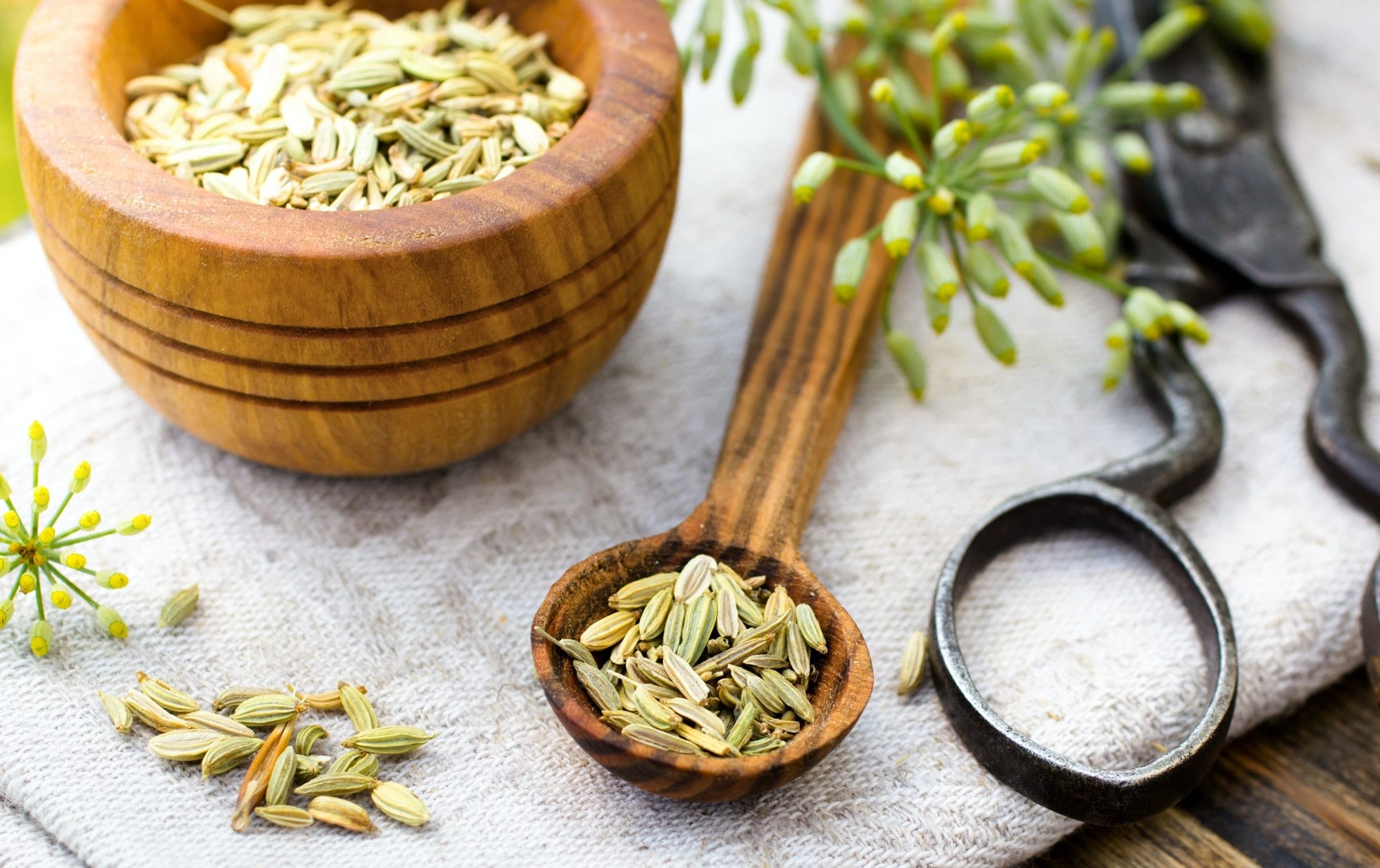
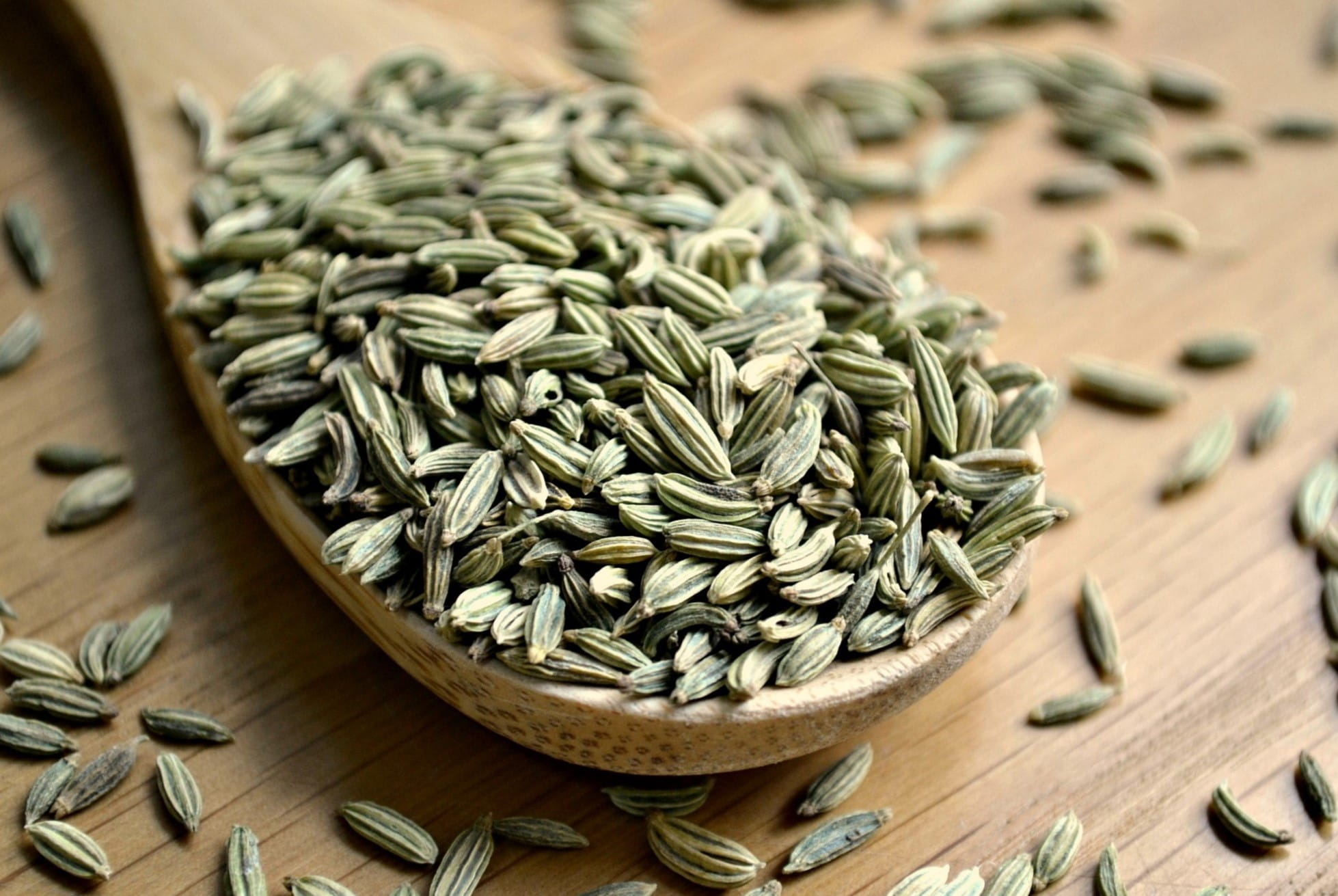
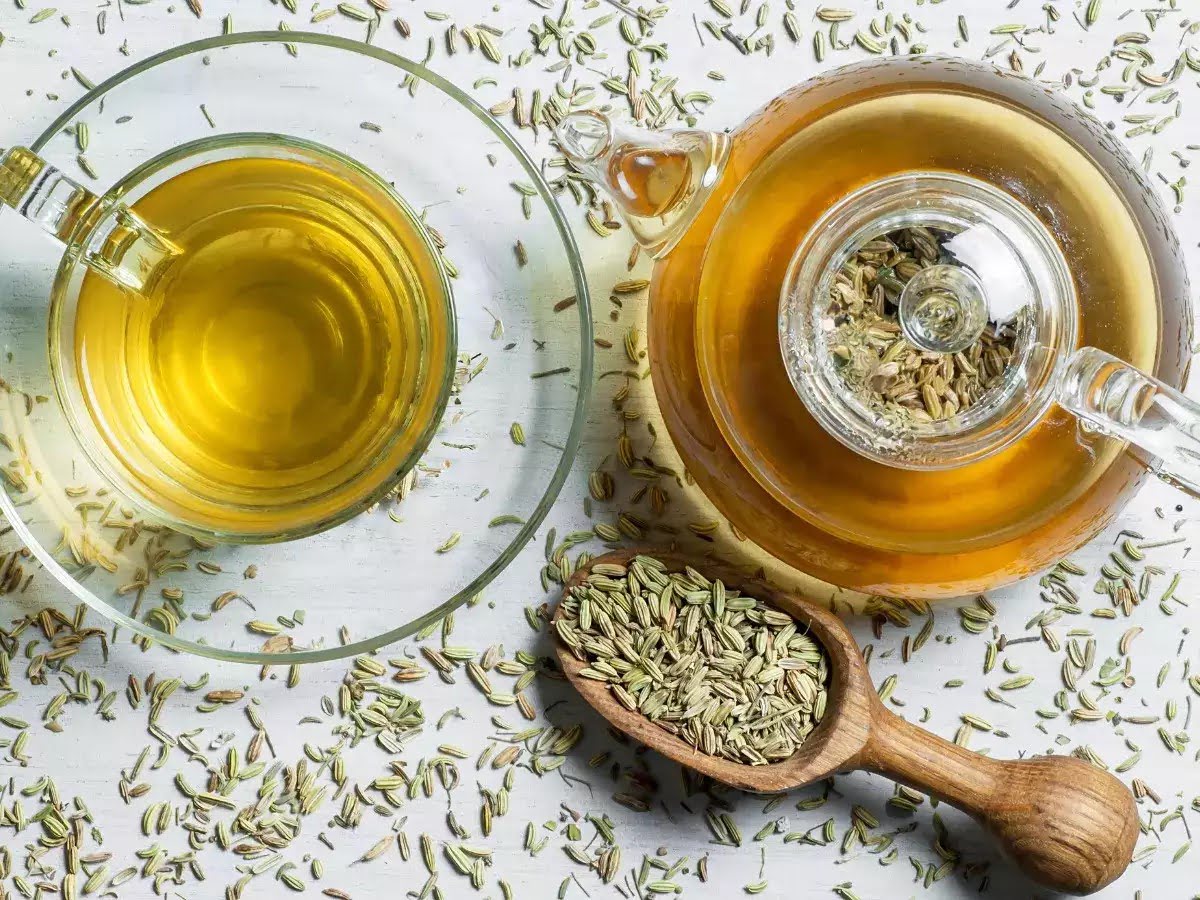
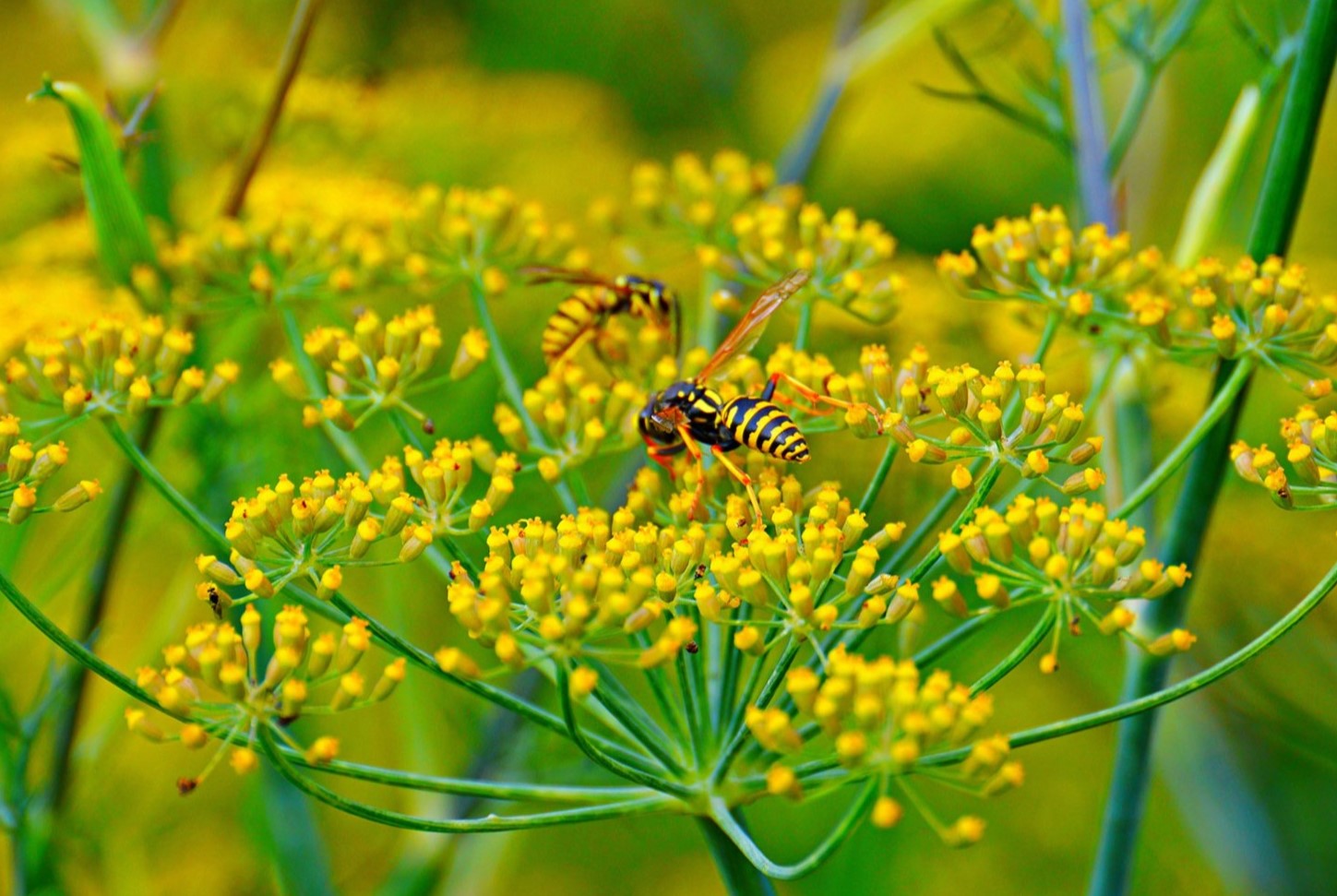
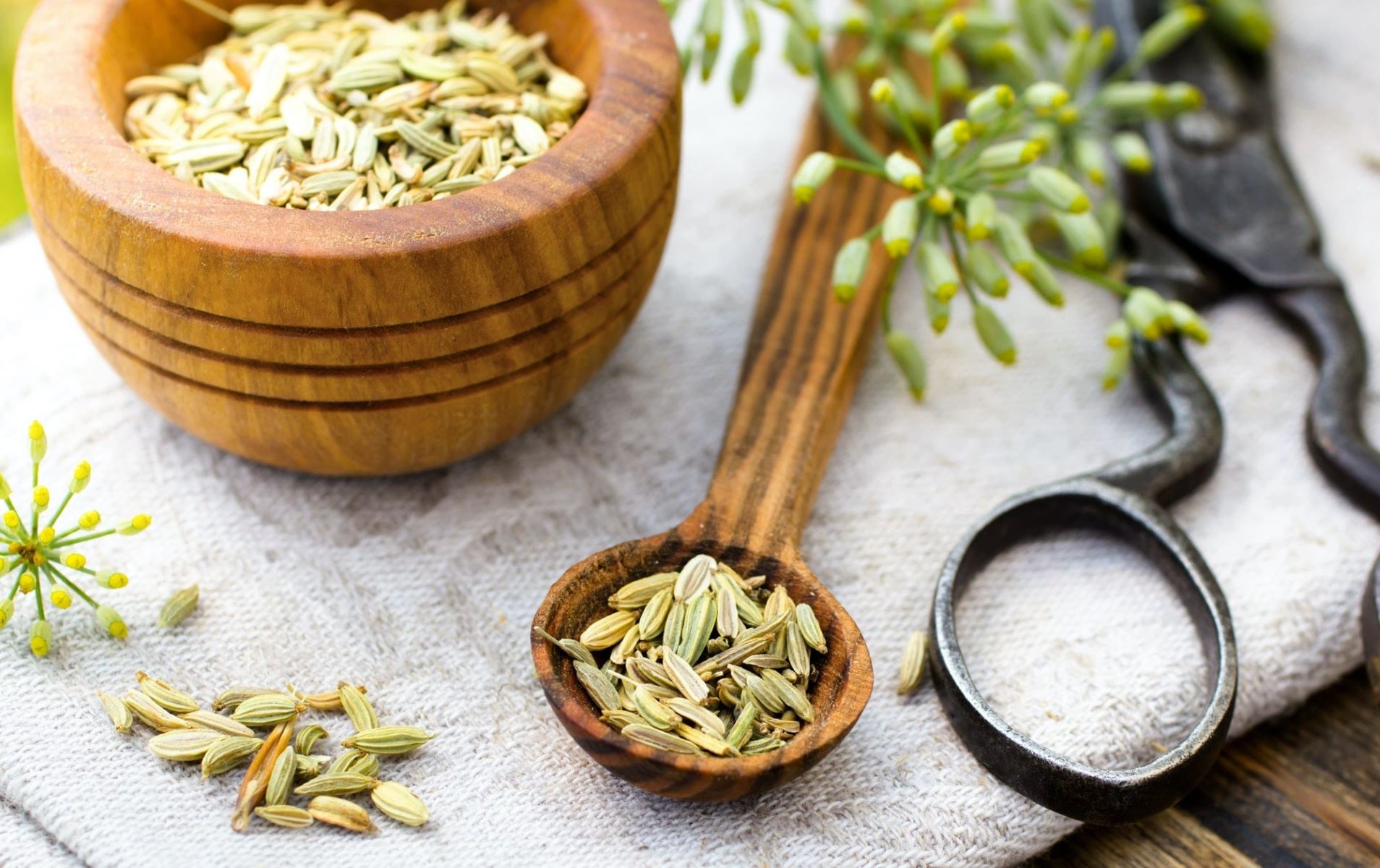
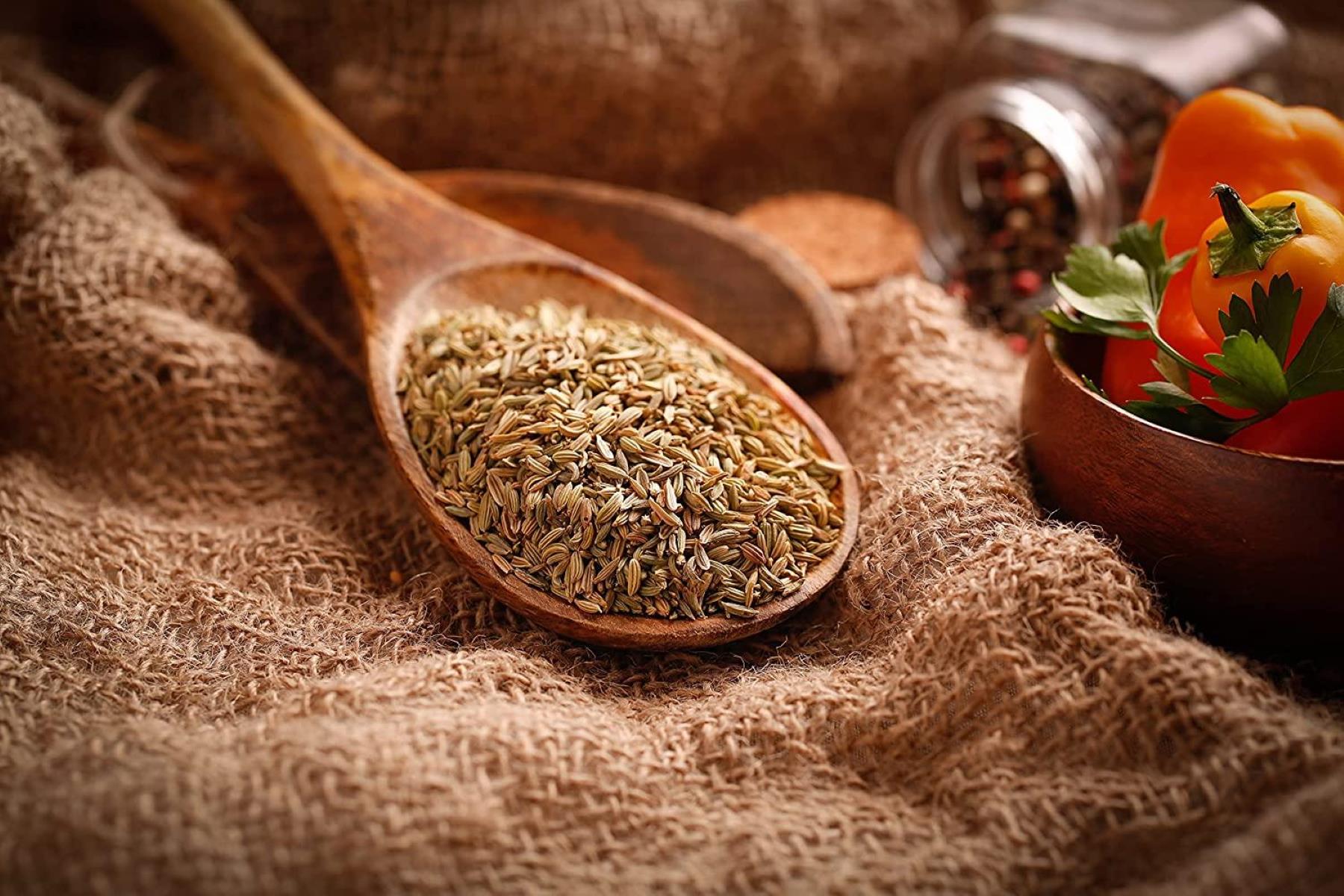
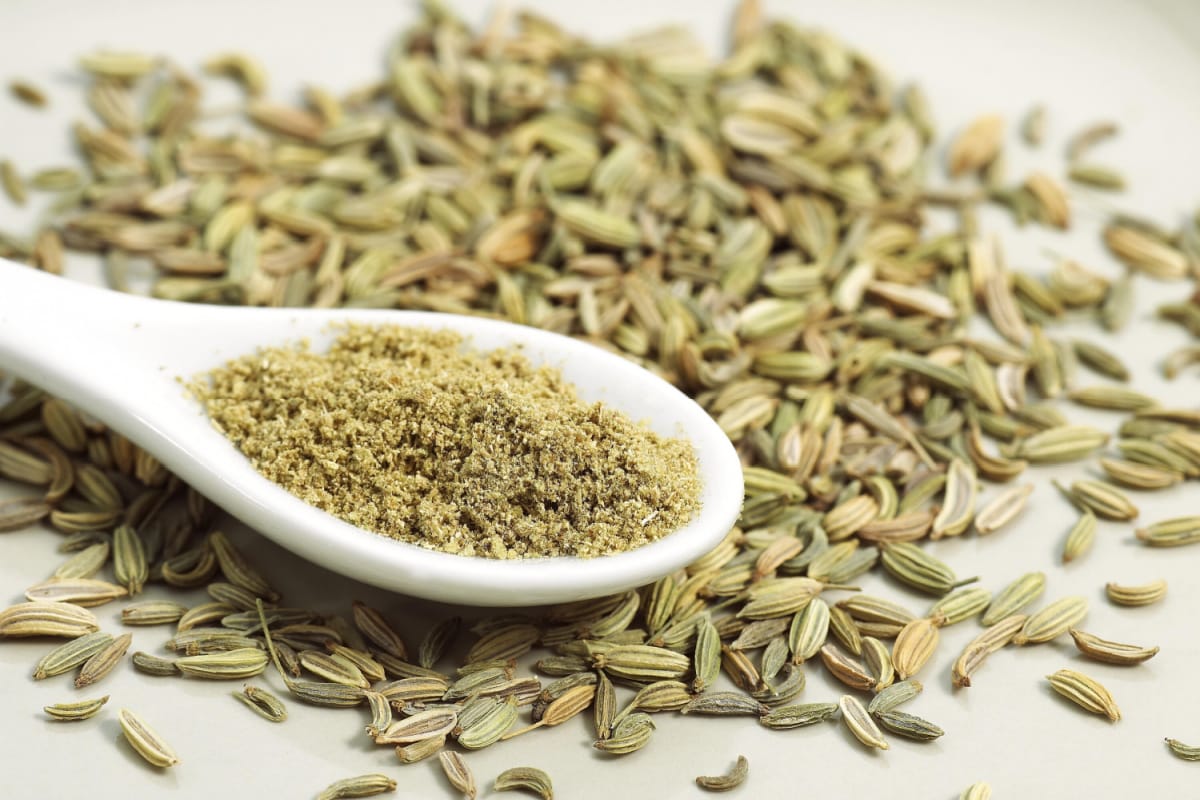
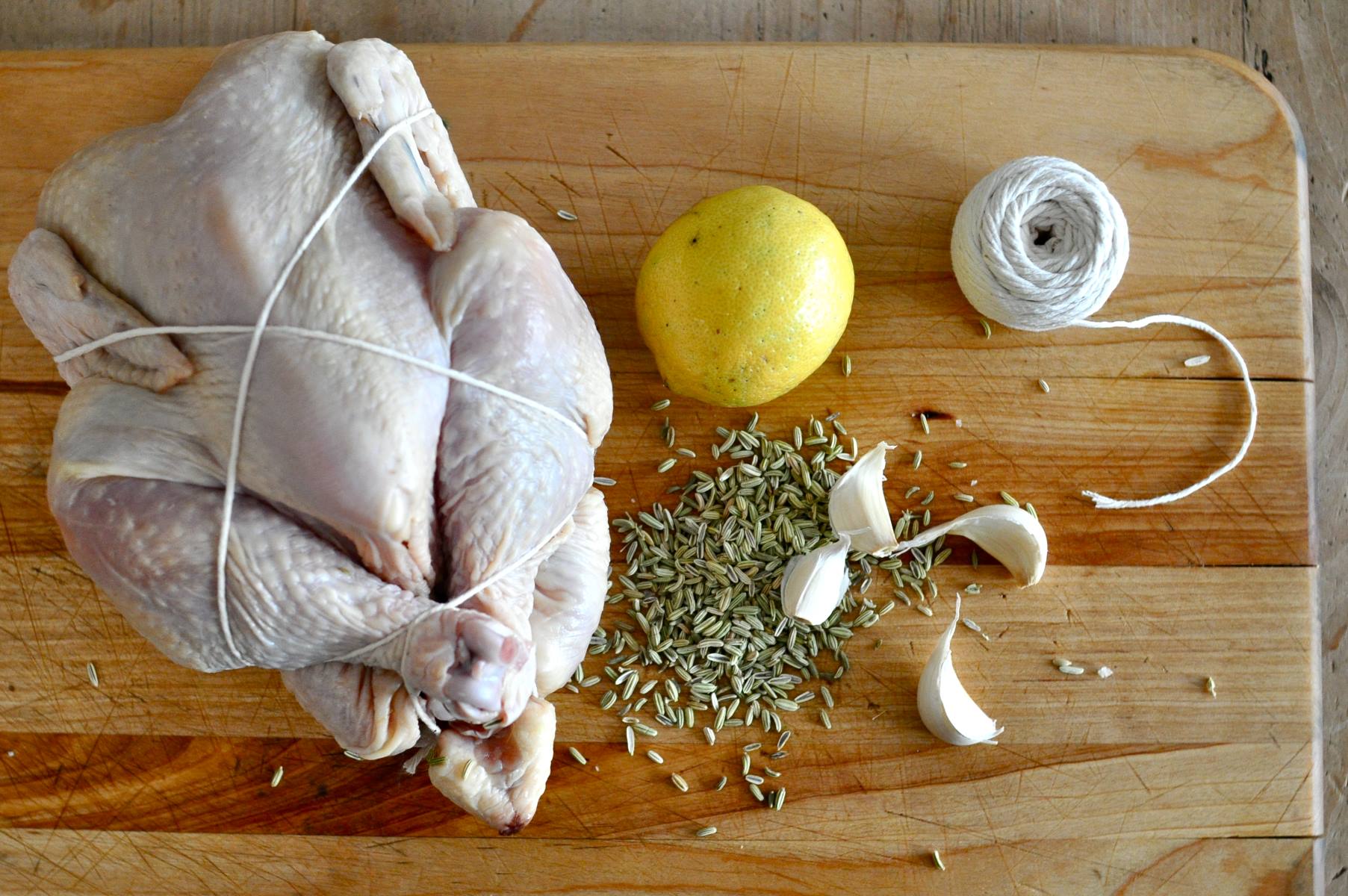
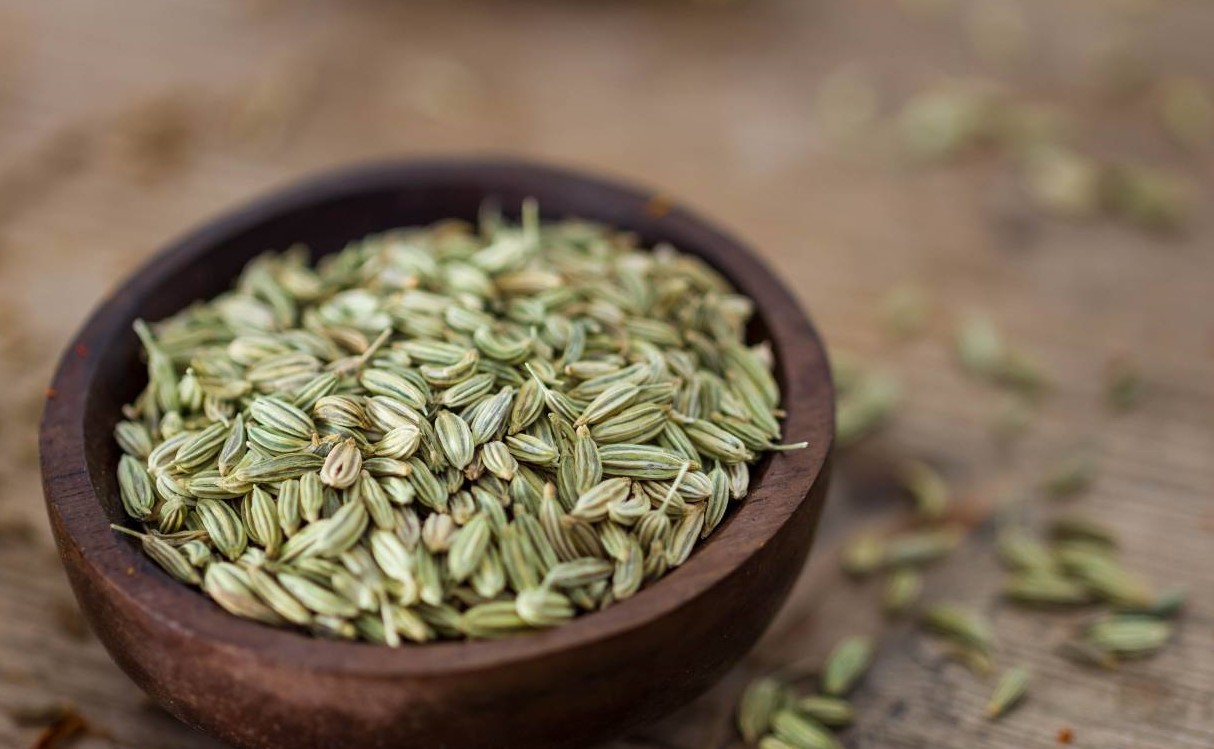
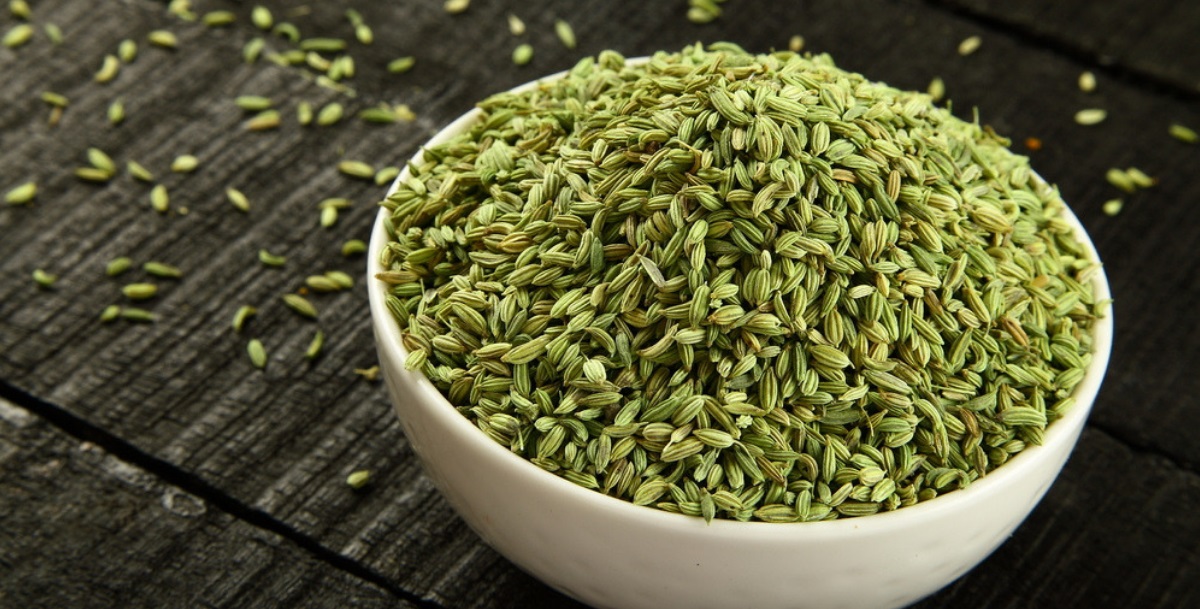

0 thoughts on “What Is A Fennel Seed”